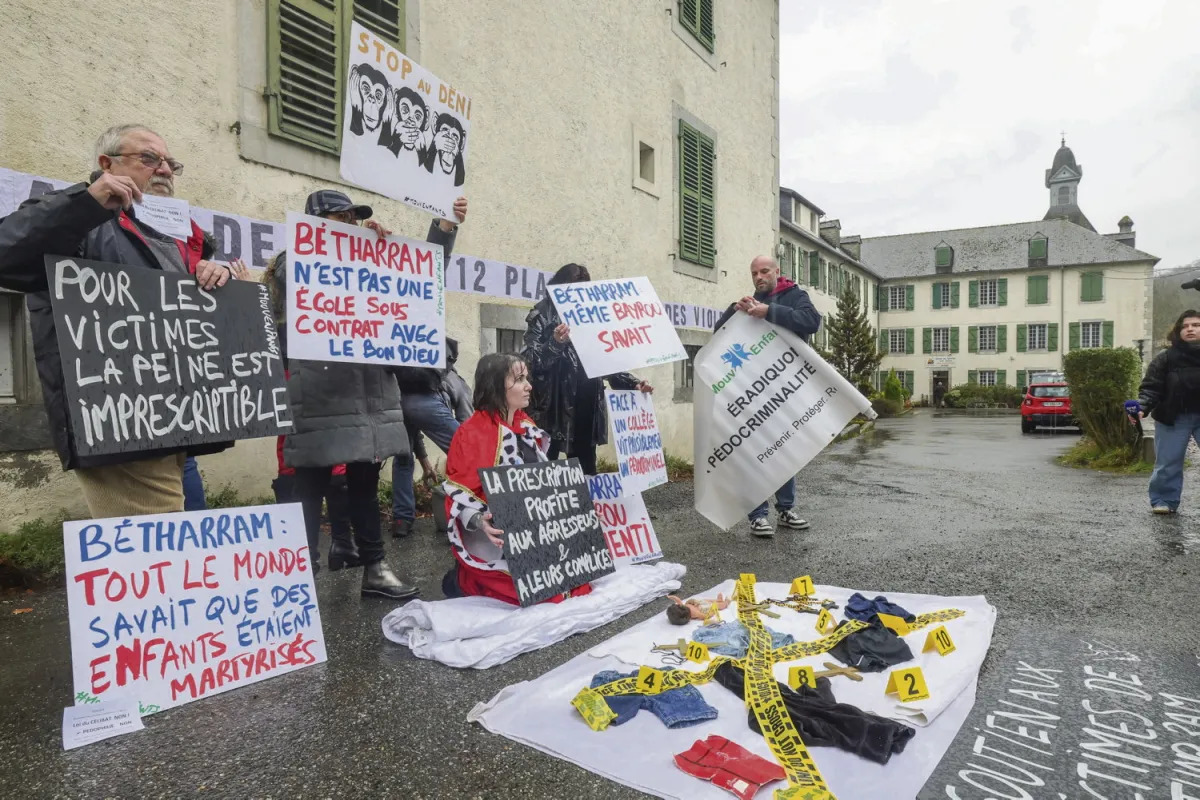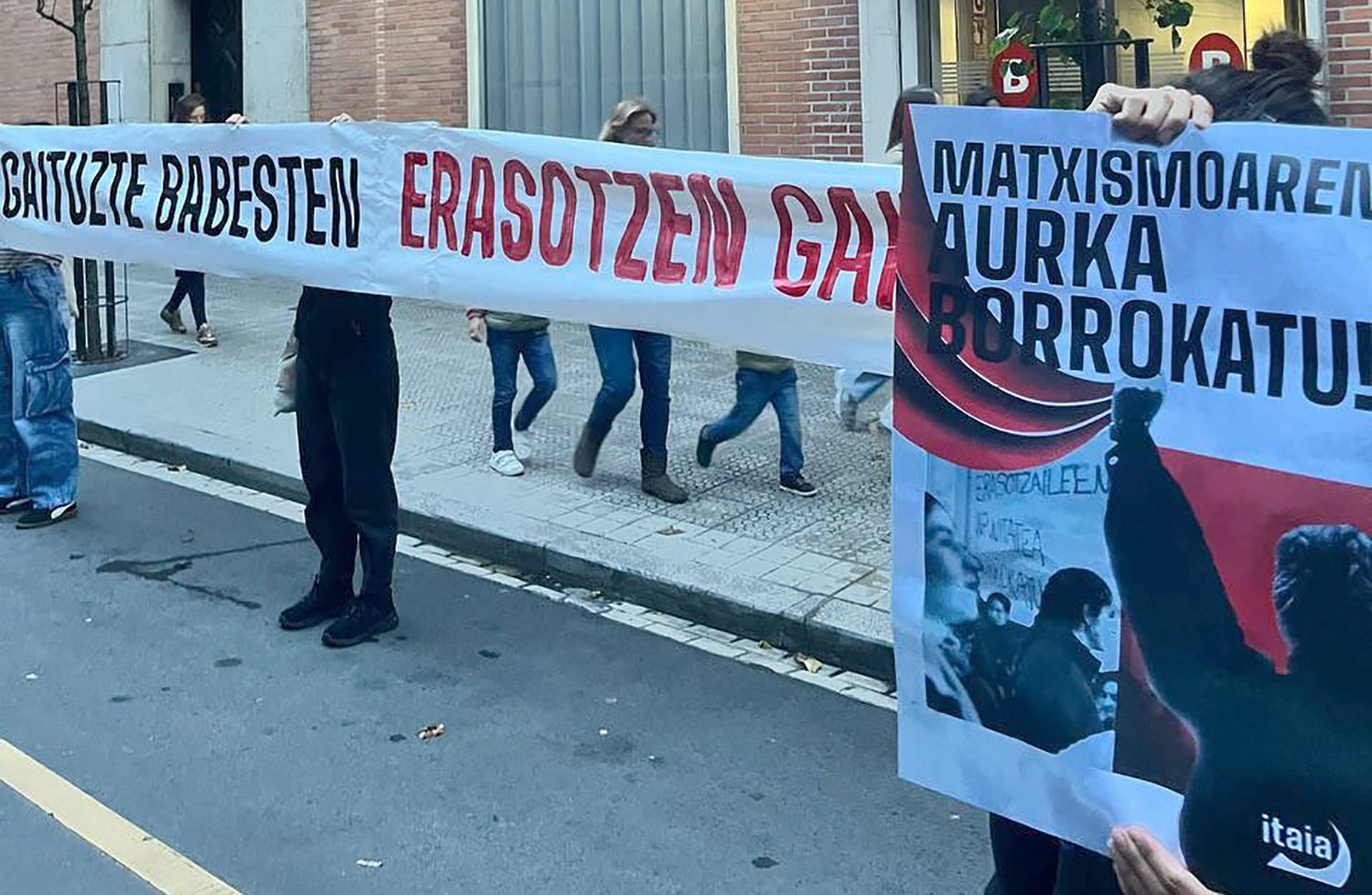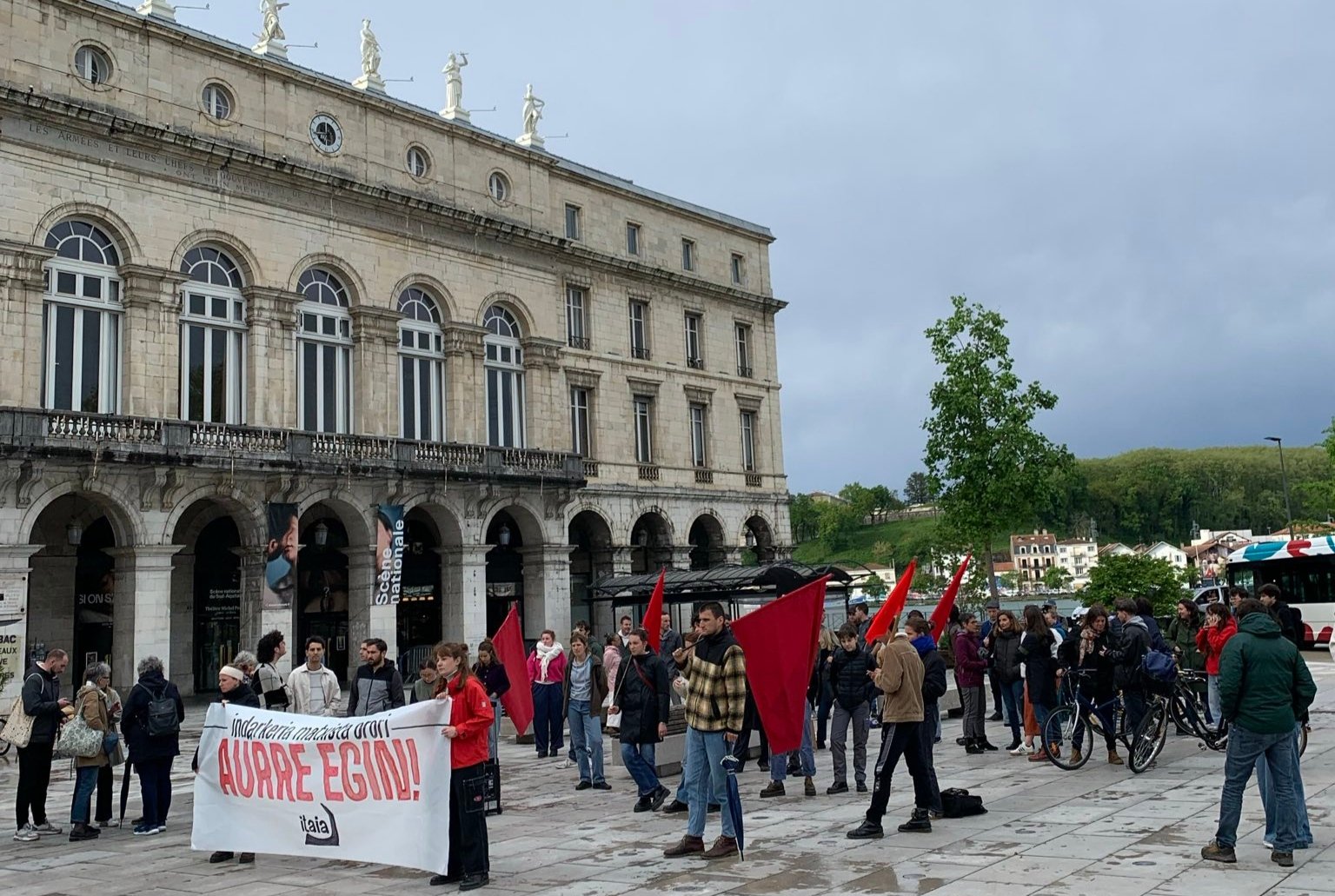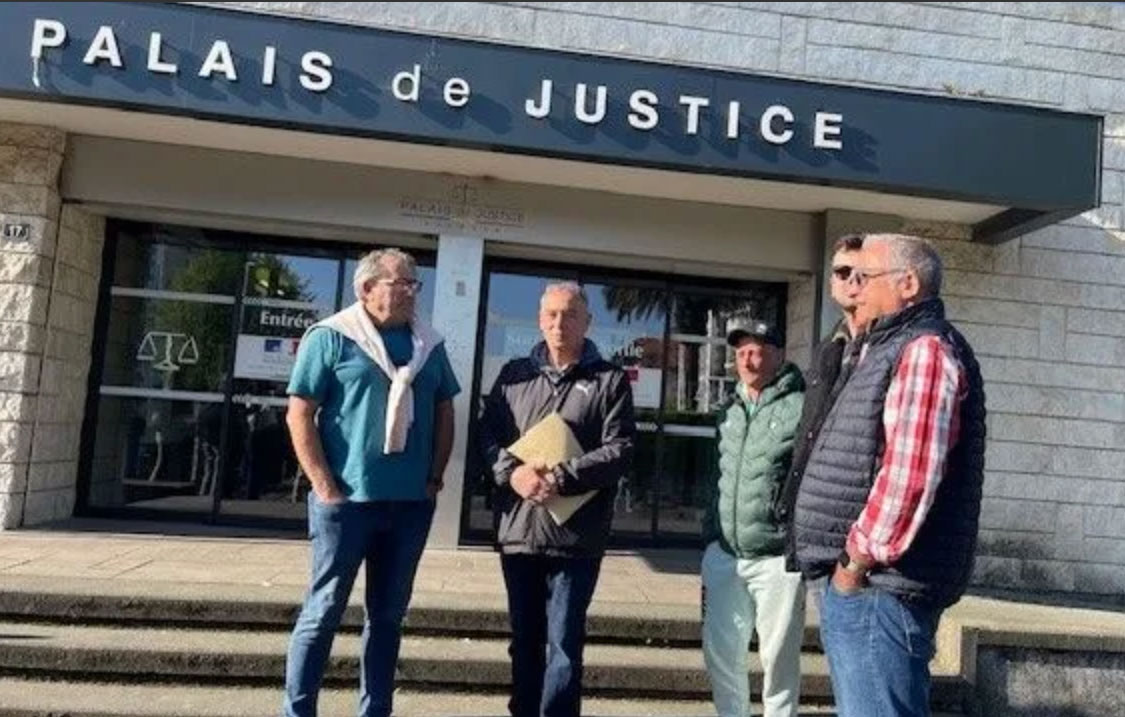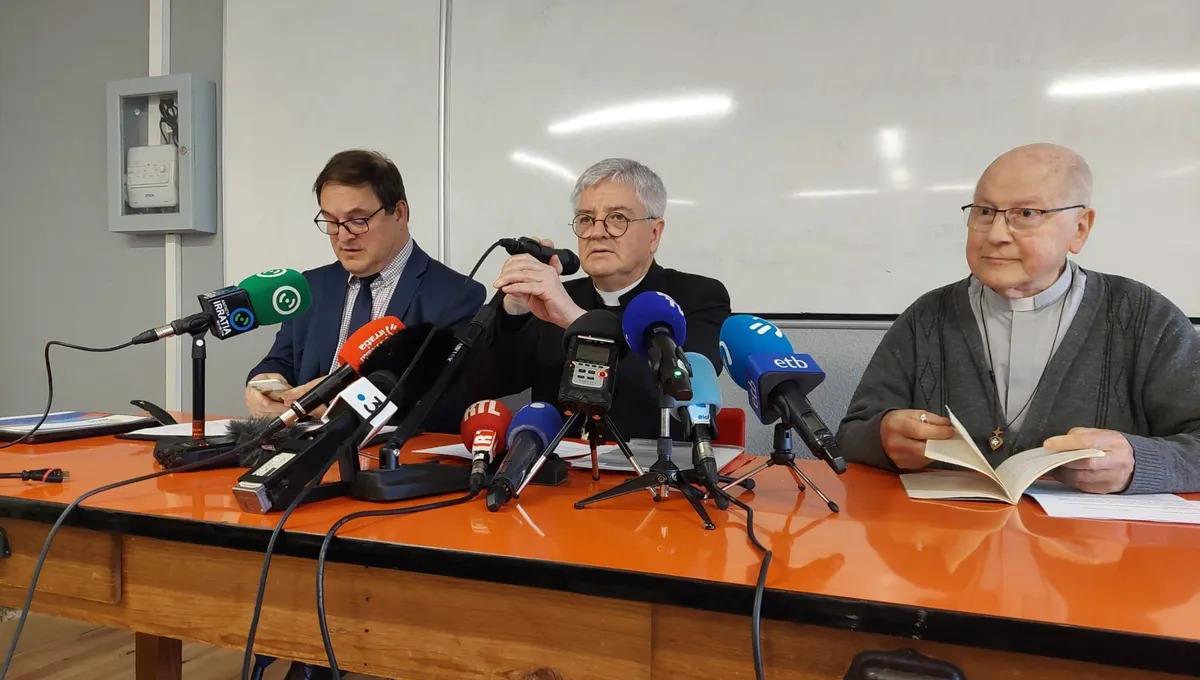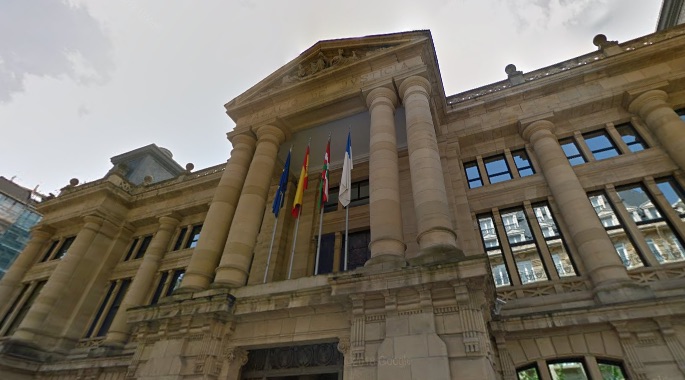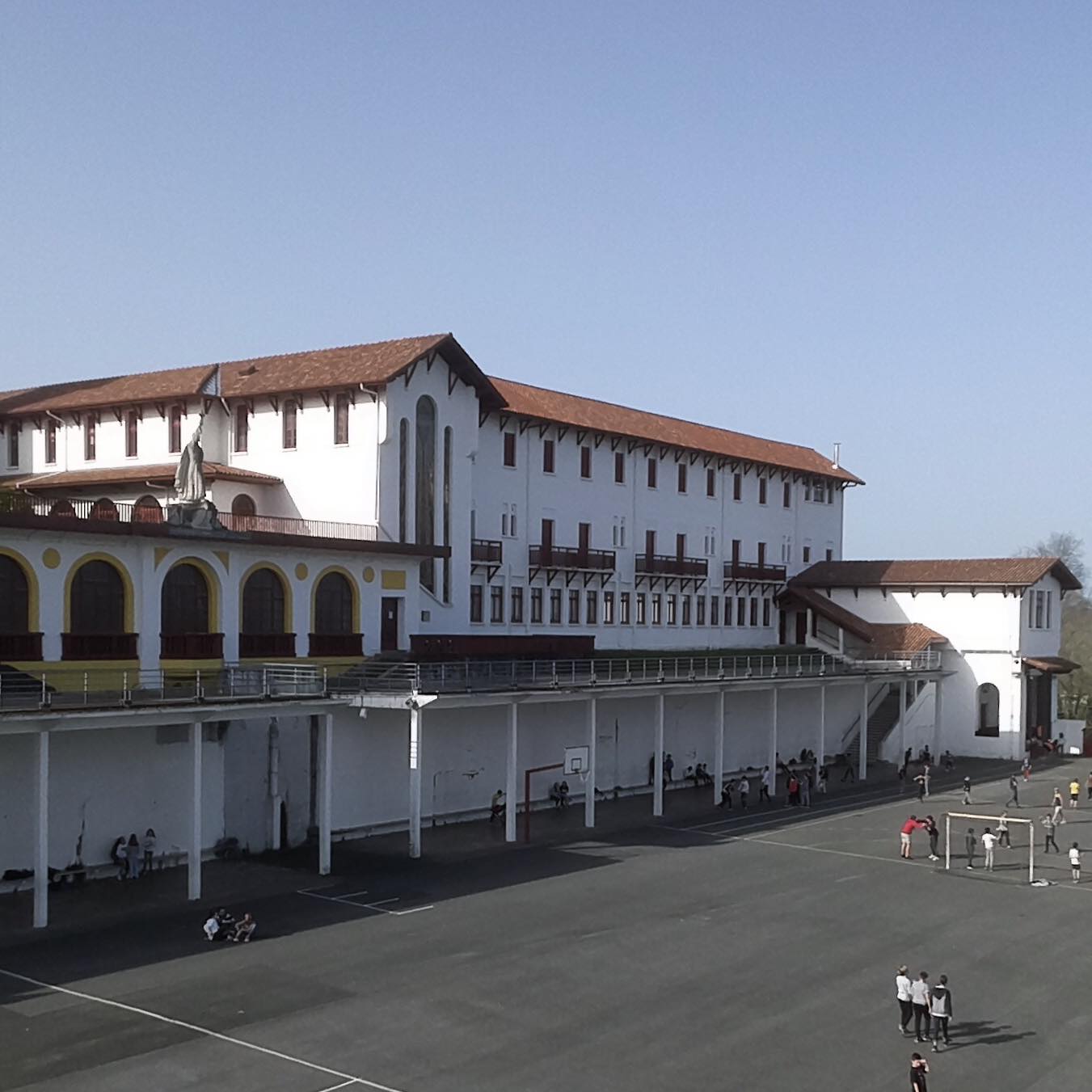The Supreme Court will review the group violation of sanfermines
- On Friday, the court will review appeals against the ruling of the National Court. The possibility of considering rape as an assault will be back on the desk.

The judicial process is coming to an end with the group rape committed during the Sanfermines of 2016, the case of which will be reviewed today by the Supreme Court. The Provincial Court of Navarre and the Superior Court of Justice of Navarre have declared rape as sexual assault and the case has come to the Supreme Court as sexual abuse. The demand for the accusations is that rape should be regarded as sexual assault, and if this were to happen, the penalties would most likely be increased. At the moment, the five defendants are facing a 9-year prison sentence petition. The defence, for its part, has called for the absolution of the rapists on the grounds that the sexual relations that occurred were consented and consented.
The Courts of Navarra, instead of describing it as sexual assault, described it as abuse and that decision provoked a tumult. The Ertzainas argued that in order for the aggression to occur, the aggressor must exert violence and that there was no evidence of violence in the violation. The aggressors themselves videotaped it as evidence of rape, but the Supreme Court ruling says that men used the "advantage" to rape women, not violence. The jury was divided: three out of five judges signed and two others cast a particular vote indicating that they had exercised the violence.
The Spanish Supreme Court is in the hands of the Prosecutor ' s Office to decide whether it considers that this is an aggression.
Prentsaurrekoa eskaini dute ostegun honetan Marc Aillet Baionako apezpikuak, elizbarrutiko hezkuntza katolikoko zuzendari Vincent Destaisek eta Betharramgo biktimen entzuteko egiturako partaideetarikoa den Laurent Bacho apaizak. Hitza hartzera zihoazela, momentua moztu die... [+]
Antifaxismoari buruz idatzi nahiko nuke, hori baita aurten mugimendu feministaren gaia. Alabaina, eskratxea egin diote Martxoaren 8ko bezperan euskal kazetari antifaxista eta profeminista bati.
Gizonak bere lehenengo liburua aurkeztu du Madrilen bi kazetari ospetsuk... [+]
11 adin txikikori sexu erasoak egiteagatik 85 urteko kartzela zigorra galdegin du Gipuzkoako fiskaltzak. Astelehenean hasi da epaiketa eta gutxienez martxoaren 21era arte luzatuko da.
Matxismoa normalizatzen ari da, eskuin muturreko alderdien nahiz sare sozialetako pertsonaien eskutik, ideia matxistak zabaltzen eta egonkortzen ari baitira gizarte osoan. Egoera larria da, eta are larriagoa izan daiteke, ideia zein jarrera matxistei eta erreakzionarioei ateak... [+]
Elizak 23 kasu ditu onarturik Nafarroa Garaian. Haiek "ekonomikoki, psikologikoki eta espiritualki laguntzeko" konpromisoa adierazi du Iruñeko artzapezpikuak.
15 urteko emakume bati egin dio eraso Izarra klubean jarduten zuen pilota entrenatzaile batek.
Lestelle-Betharramgo (Biarno) ikastetxe katolikoko indarkeria eta bortxaketa kasuen salaketek beste ikastetxe katoliko batzuen gainean jarri du fokua. Ipar Euskal Herriari dagokionez, Uztaritzeko San Frantses Xabier kolegioan pairaturiko indarkeria kasuak azaleratu dira... [+]
Bi neska komisarian, urduri, hiru urtetik gora luzatu den jazarpen egoera salatzen. Izendatzen. Tipo berbera agertzen zaielako nonahi. Presentzia arraro berbera neskek parte hartzen duten ekitaldi kulturaletako atarietan, bietako baten amaren etxepean, bestea korrika egitera... [+]









